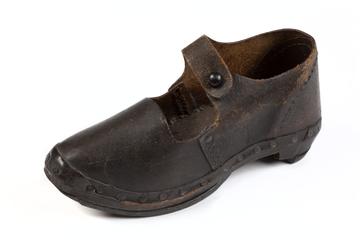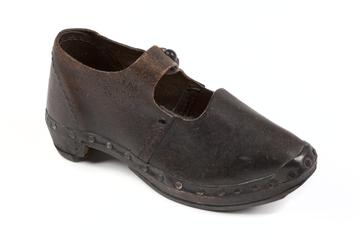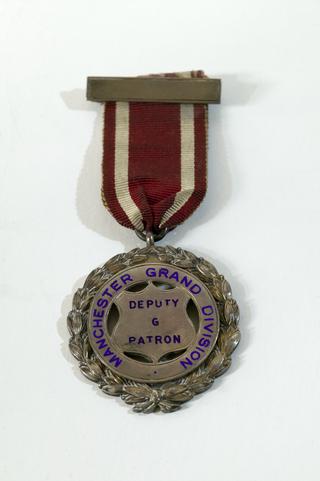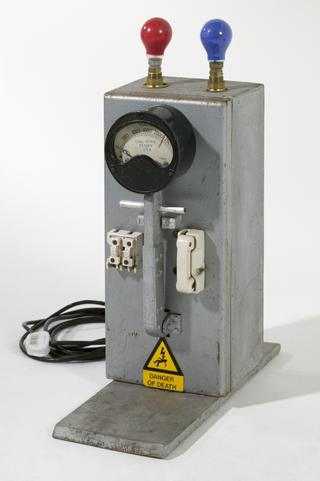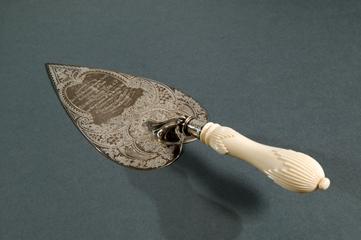
Case for Sir William Mather Esq court dress
- Made:
- 1870-1900 in Manchester






Case for Sir William Mather Esq court dress and accessories. Case contains a roll of ribbon.
This case held William Mather’s court dress. William Mather lived and worked in Great Manchester but travelled regularly for business and especially to London as a member of Parliament.
William Mather (1838 – 1920) born in Manchester, was a successful businessman and politician. He had an extensive and formative education both in Manchester and Germany. This set him up to join the family engineering business. His education was practical as well as academic. Time spent as an apprentice gave him a lifelong appreciation for workers' rights and conditions. He pioneered the eight-hour working day and promoted technical education. He also became a member of Parliament for the Liberal Party. First elected in 1885, for the southern division of Salford, he later represented Gorton, then Rossendale.
William Mather joined the engineering firm Mather & Platt at a young age. The firm was established in 1852 when Colin Mather, William’s uncle, and William’s father, also called William, entered into a partnership with William Wilkinson Platt based at the Salford Iron Works. William Mather became Assistant Manager in 1858, was made partner in 1862 and took over running of the business in 1868. When, in 1892, Mather & Platt became a limited company William Mather was appointed as Chairman.
William Mather was knighted in 1902 and retired in 1916. He died at his home in the New Forest in 1920.
